ORU cancels Social Justice major
ORU’s Chair of Behavioral Science discusses why they chose to discontinue the Social Justice Major.
With only five students enrolled in the program and all scheduled to graduate in May, Oral Roberts University will discontinue its social justice major at the end of the fall semester, officials said.
The program’s highest enrollment was 18 students during the span of five years that it was available at ORU. The major was originally created at the demand of students who wanted to take on social justice issues and help victims while stopping injustice in the world, officials said.
As they progressed through the program, some students found their passion for helping others in ORU’s social work degree program, said Randall Feller, ORU’s chair of the Behavioral Sciences Department.
Students who enrolled in the social justice program usually went in one of three directions, Feller said. One was for students who desired to work “one on one with victims of injustice,” and these students usually diverted to the Social Work program, he said.
Another path was for students who wanted to “create an agency or go to a mission’s field or start a nonprofit organization,” and those students were encouraged by the department to add a nonprofit business minor so they could easily step into the role of running that kind of organization, Feller said.
The third choice was for students who had the desire to “become a voice for victims,” he said.
Usually, to do that, advocates need to be in a position to change some of the laws in different countries, and that is why the pre-law minor was required to prepare students for law school, Feller said.
Students will still have those three options available without the social justice degree, he said.
“It did not make sense to continue it because incoming freshmen are not seeing that as a track that they are interested in,” Feller said, “which is interesting because we are in a time in our culture where everyone is crying about social injustice but not very many people are dedicated to that career other than what we’re already doing traditionally in psychology and in social work.”
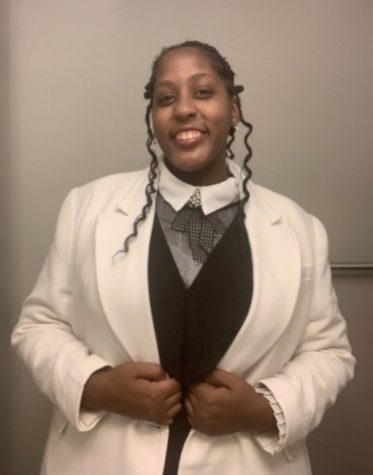

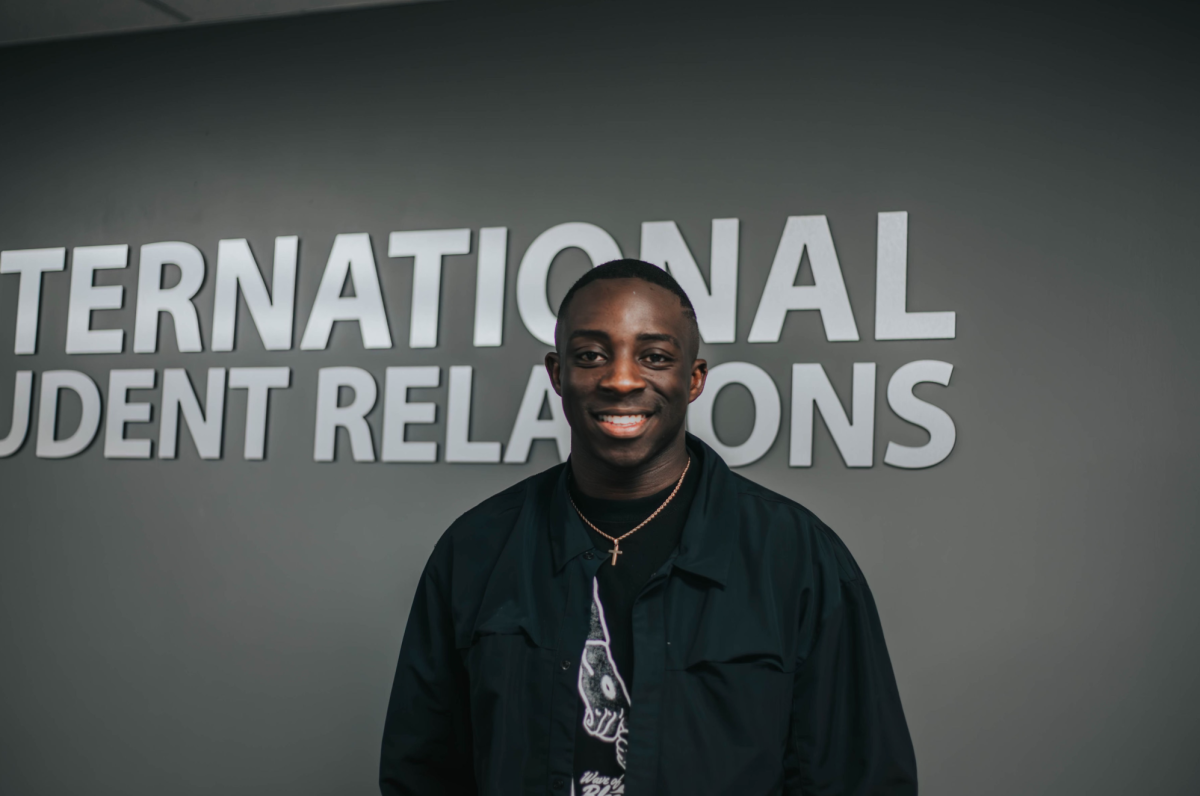


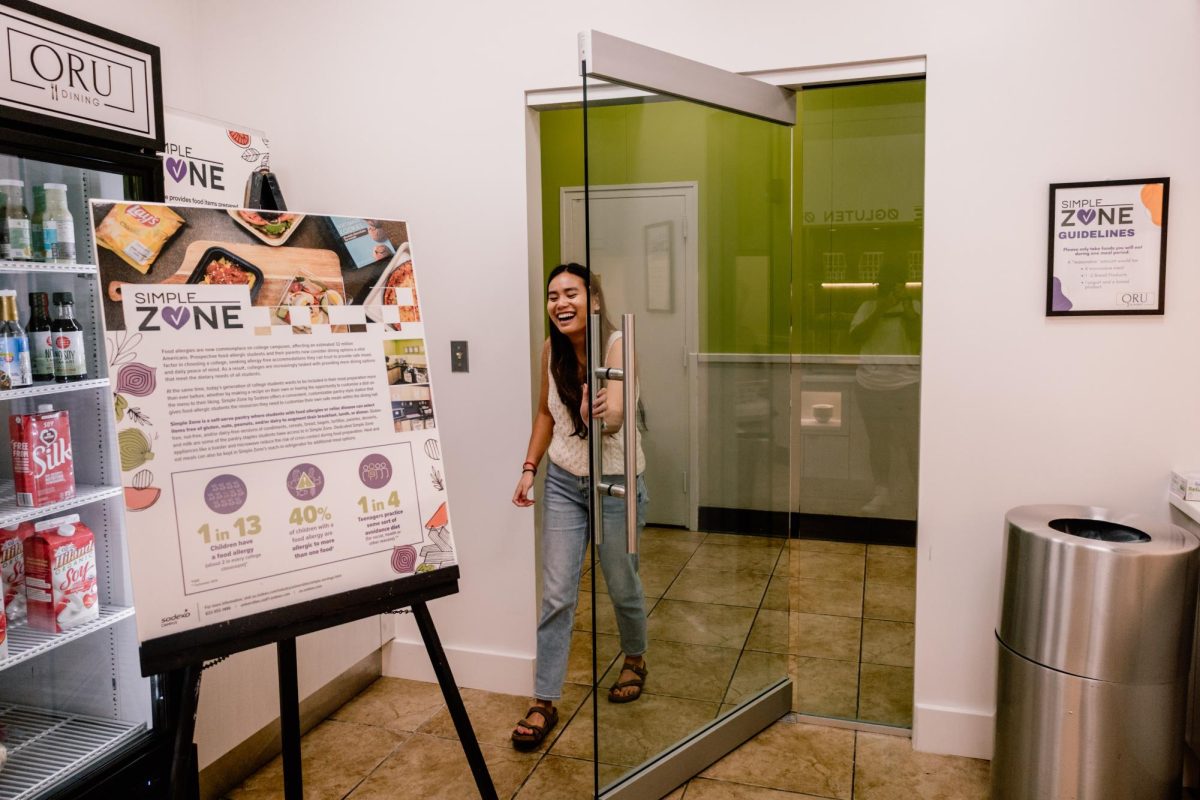



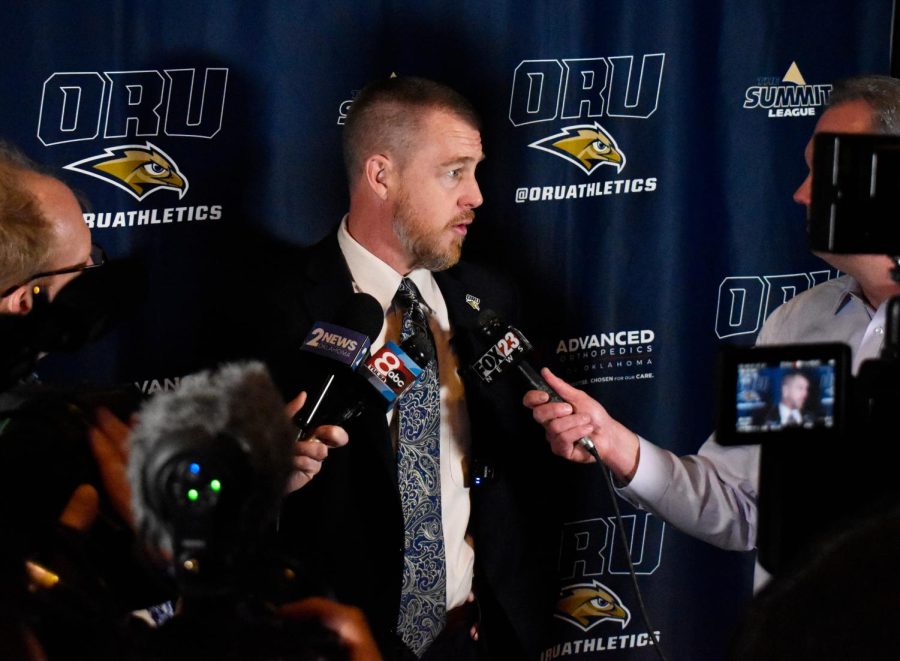
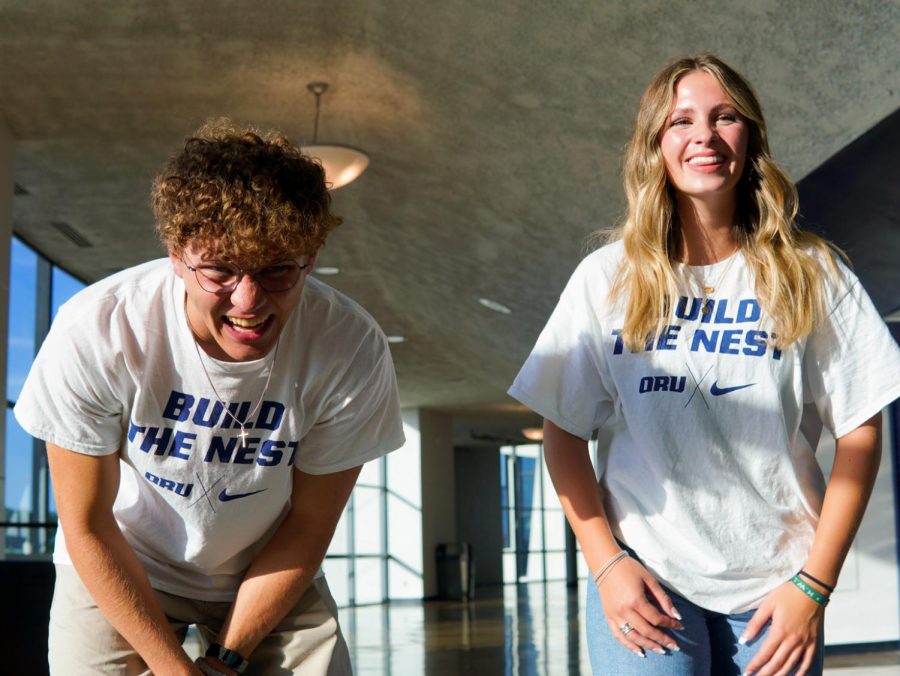
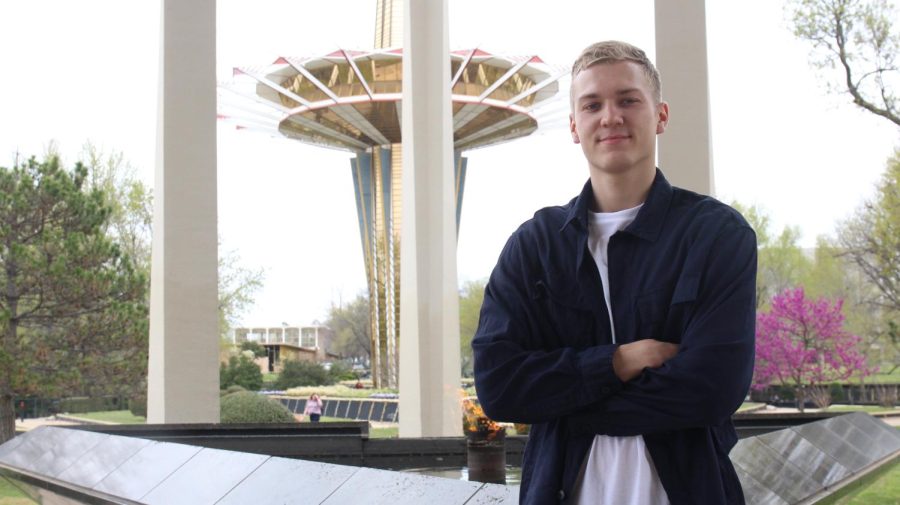
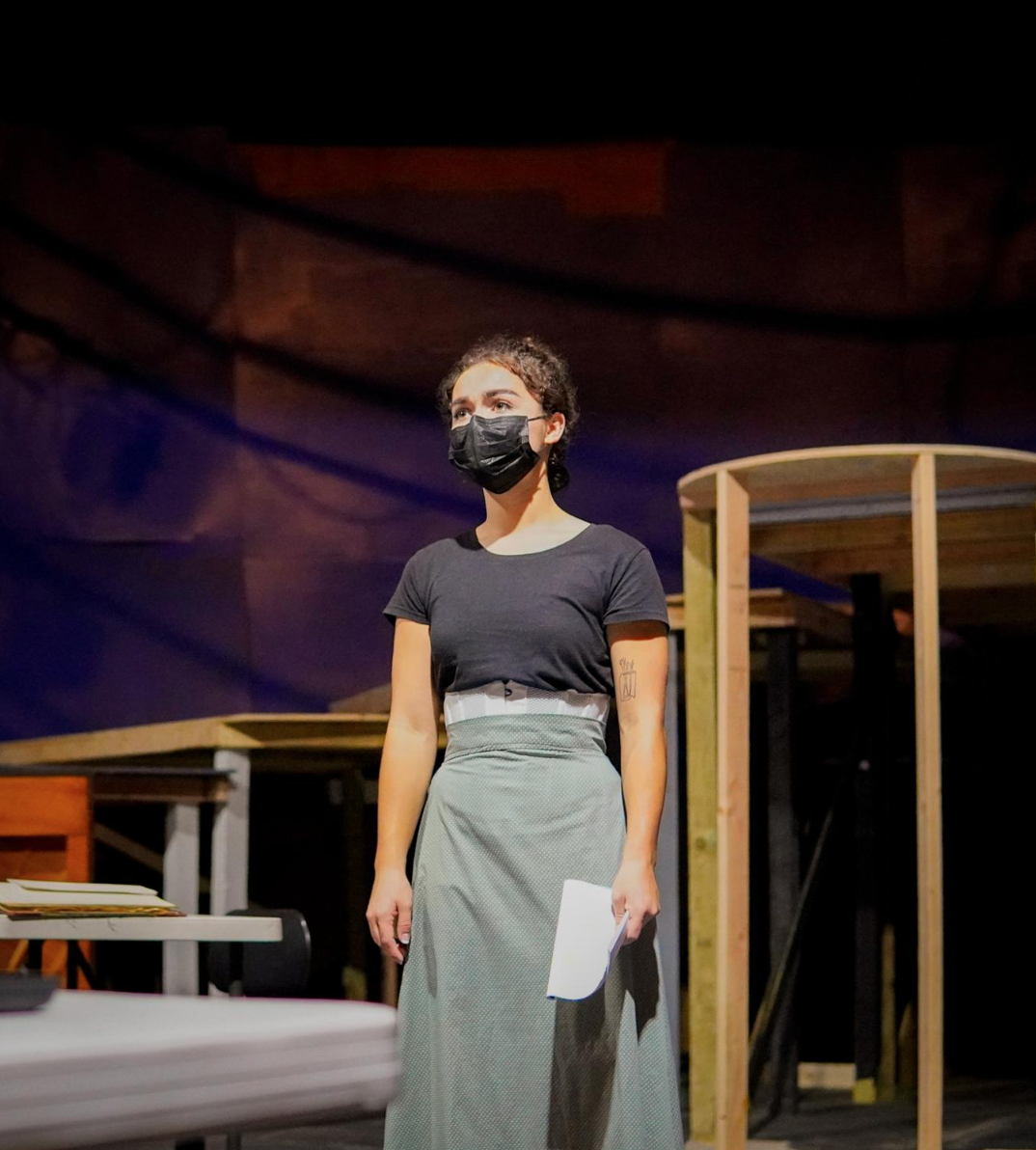
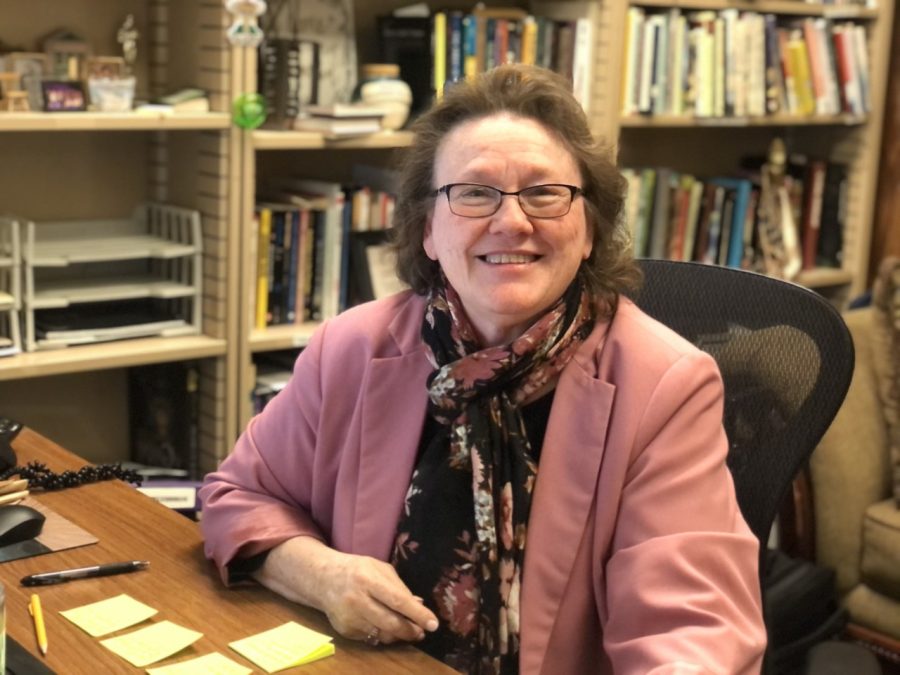
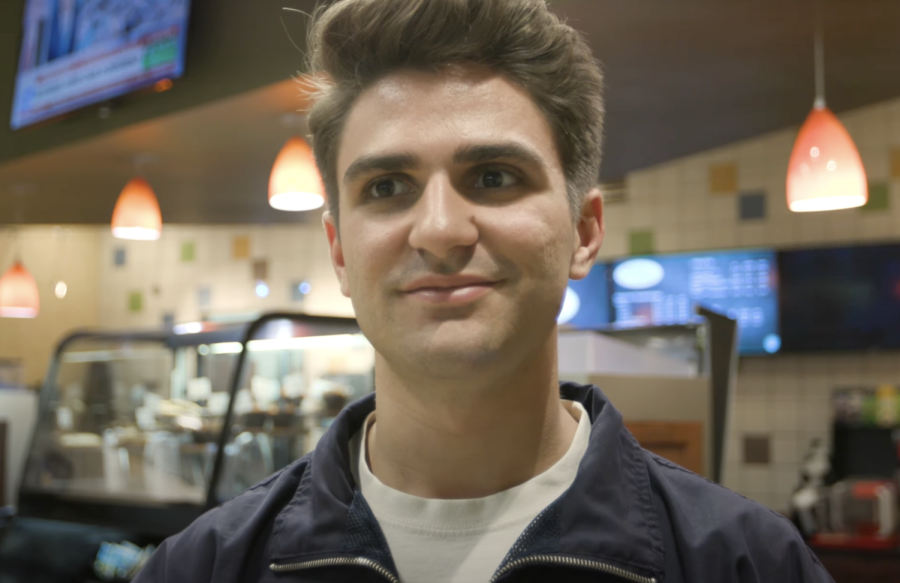
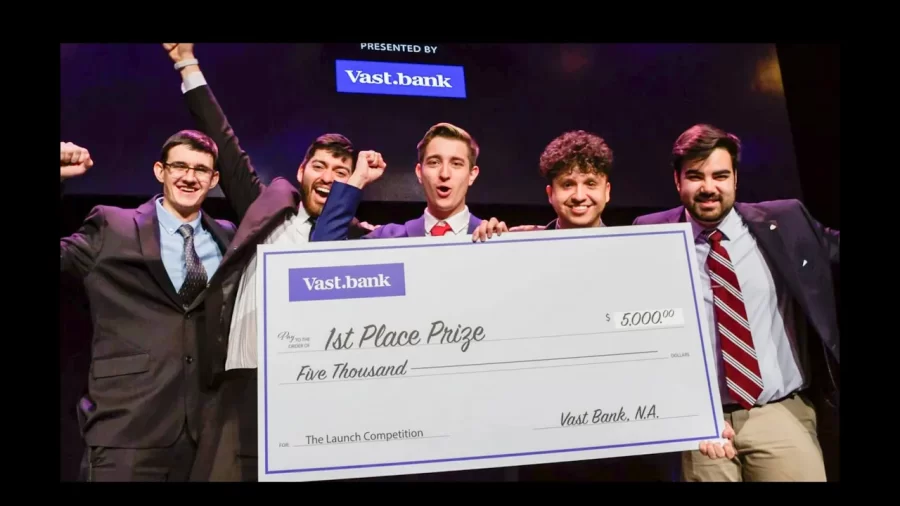
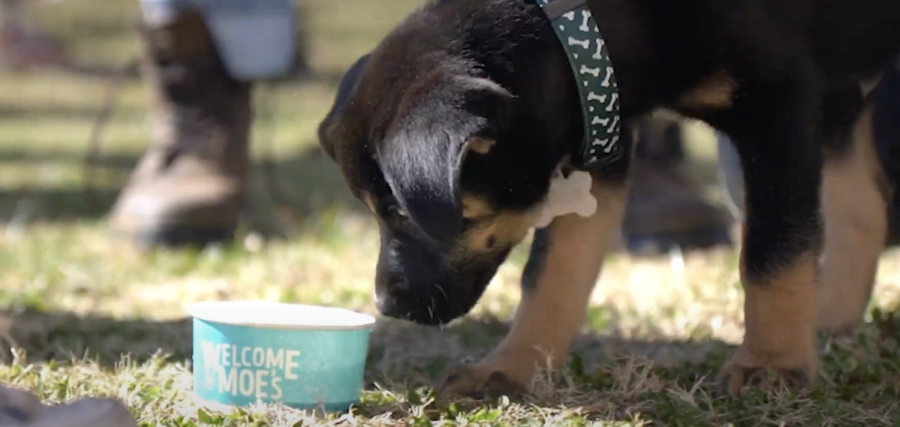
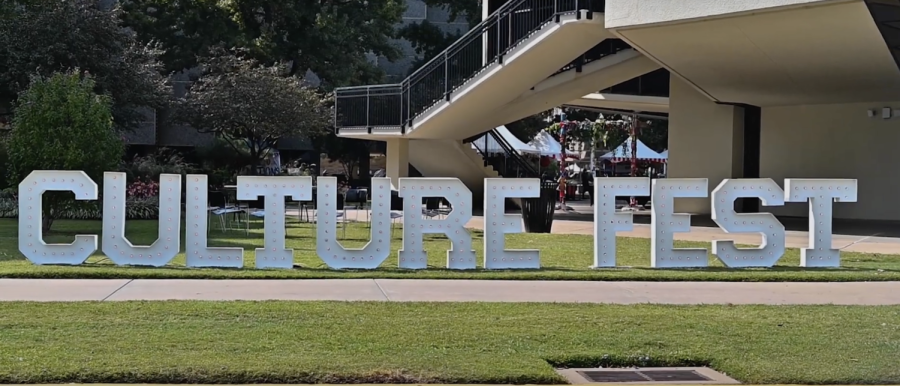


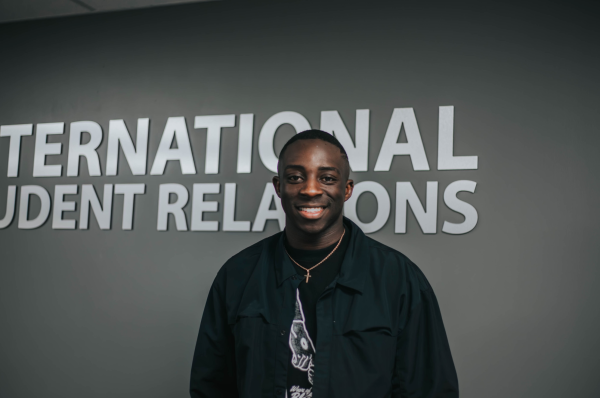

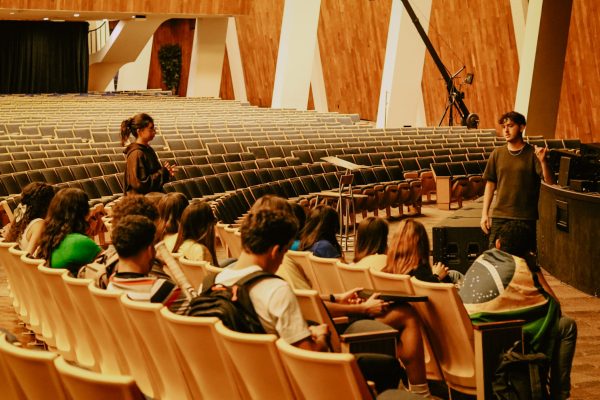
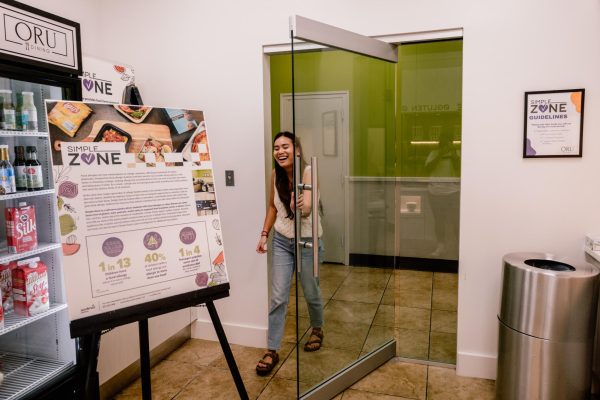
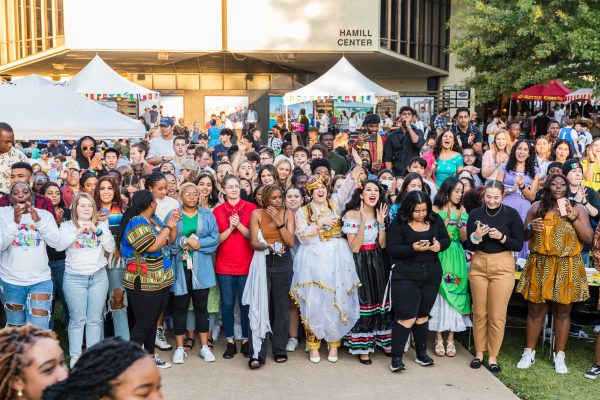
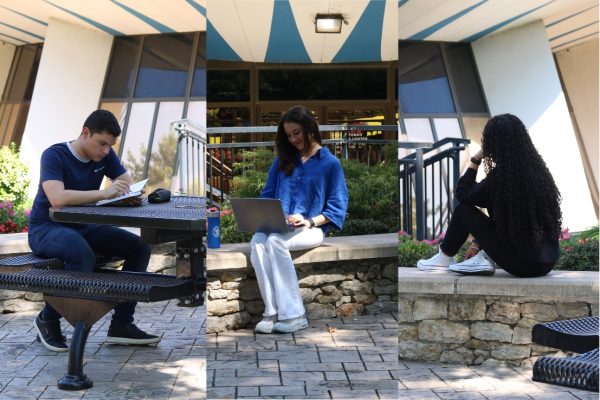
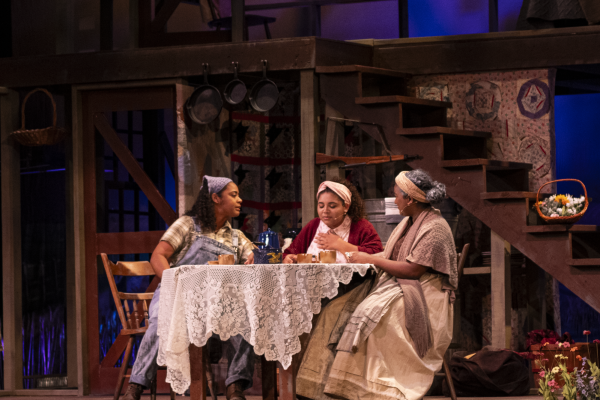
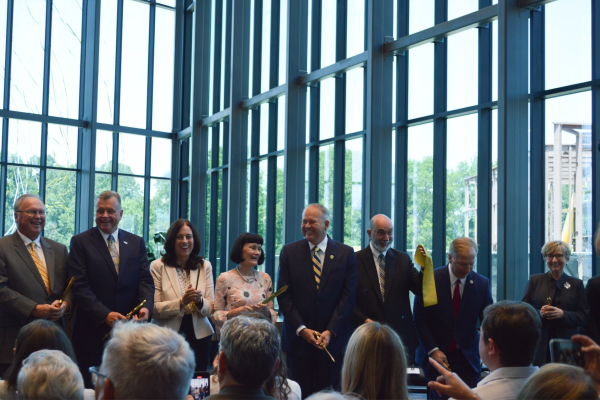
Antoinette • Nov 22, 2021 at 5:55 pm
Great article. Very informative.
Haliyma Clay • Nov 23, 2021 at 9:37 pm
Thank you.